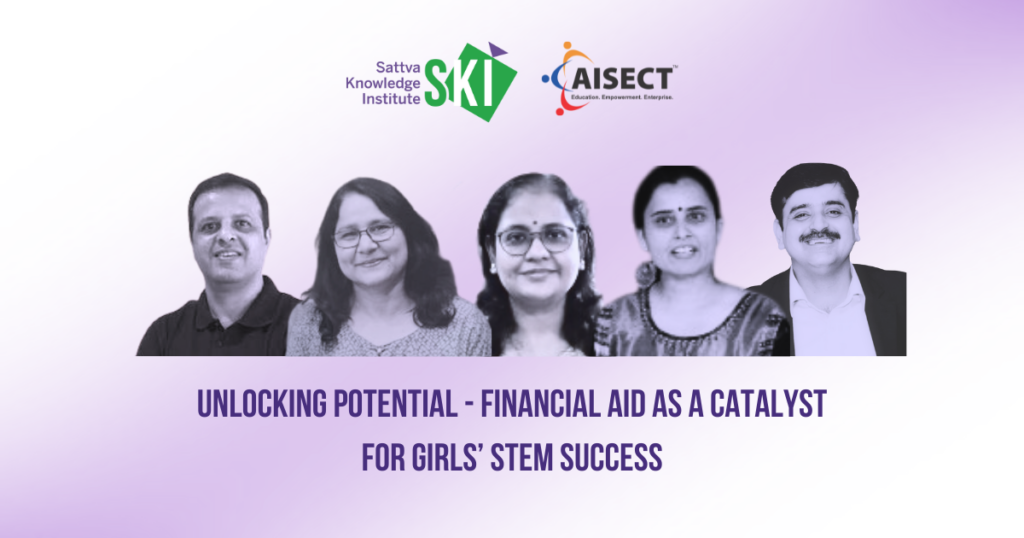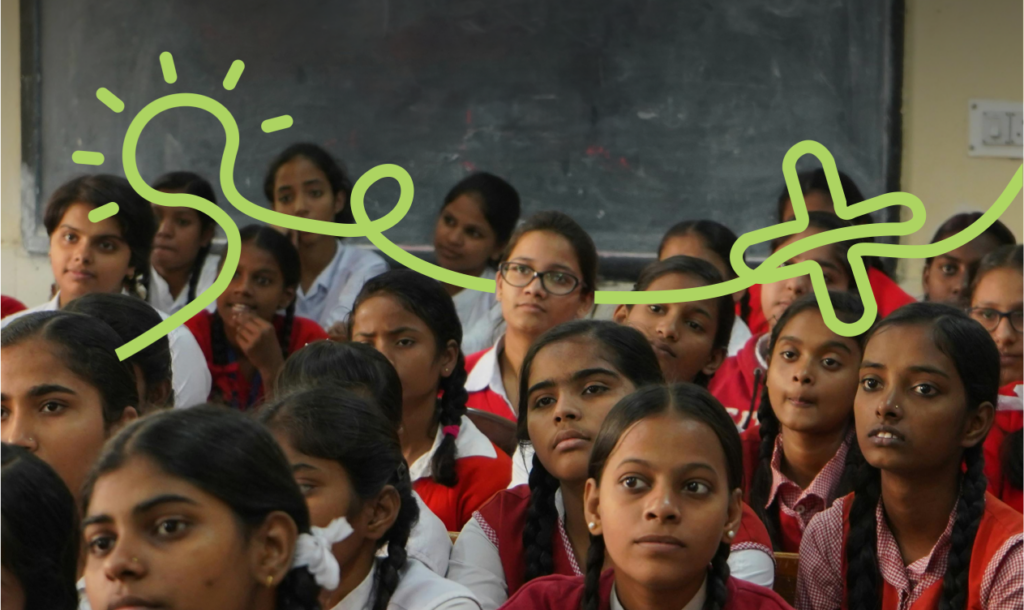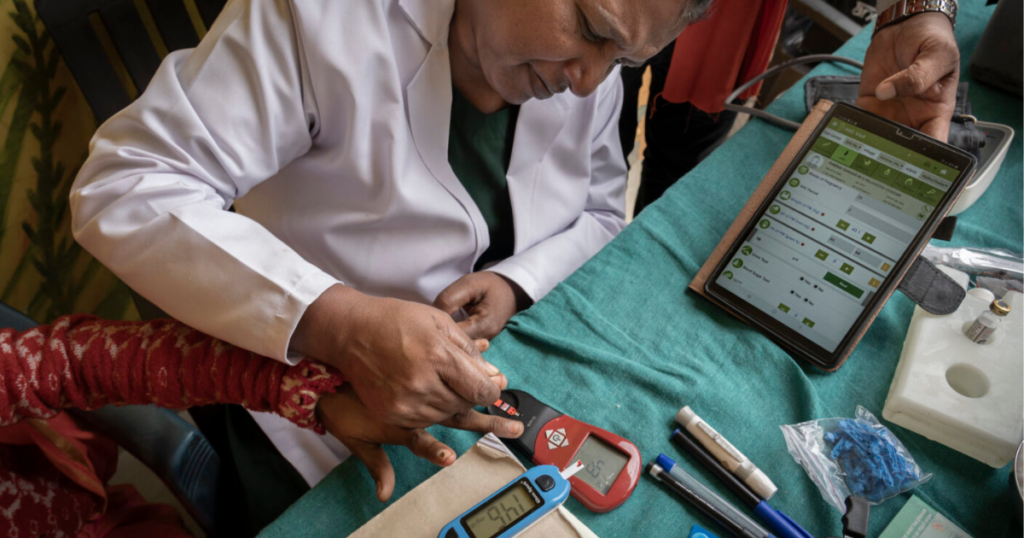An anganwadi in India is a significant space for thousands of families across rural and urban parts of the country. With 1.4 million anganwadis, India is ensuring the achievement of health, nutrition and education outcomes for young children and their mothers. As per the Integrated Child Development Scheme (ICDS), they serve six major functions, including preschool education, nutrition, and health-related services.
The pillar of these centres is the anganwadi workforce, primarily comprising the anganwadi workers and anganwadi helpers, who are girls and women recruited locally. Additionally, there are cluster-lever supervisors who are responsible for 25 anganwadi centres each. Anganwadi workers along with the helpers, fulfil about 21 responsibilities, maintaining records in 11 registers for all the six functions. As a result of this, their focus on preschool education is diminished. Additionally, a multi-stakeholder structure comprising the Ministry of Education, Ministry of Women and Child Development, Ministry of Health and Family Welfare and Ministry of Tribal Affairs calls for higher levels of synergies, at times affecting
the focus on anganwadi workforce development.
Only 34.9% of time in anganwadi centres is spent on age-appropriate play-based learning activities. The effect of this is observed on the learning outcomes – only 57% Indian children are school-ready when they enter grade 1. This learning deficit further continues and impedes the foundational literacy and numeracy skills in later grades. For this purpose, the capability building of the workforce needs urgent attention.
A number of challenges impede the success of capacity building initiatives in an anganwadi in India. These include paucity of training infrastructure, gaps in coordination among several actors involved in planning and implementation, low availability of data and research on training status along with pressing administrative duties of the anganwadi workers, helpers and supervisors lack of funding.
This perspective highlights the key distinguishing factors of successful scalable solutions which have overcome these challenges to ensure a well-equipped and responsive anganwadi workforce. These solutions focus on multiple levels of the workforce; i.e. anganwadi workers, helpers and supervisors. They intend to create mindset shifts, build collaborations as a critical component of planning and decision making, and they ensure usage of technology in the programming. Further investments in these trends along with an intentional dialogue on rethinking the roles and responsibilities of the anganwadi workers
and anganwadi helpers would not only prepare the workforce for providing learners with strong foundational skills but also help their continuous development.
Authors: Sukhada Ghosalkar and Shruti Hinge
- Amrutha Murali, Senior Program Manager, Early Childhood Care & Education at Makkala Jagriti
- Azeez Gupta, Founder, Rocket Learning
- Chandni Chopra, Chief Program Officer, Simple Education Foundation
- Dr Suman Sachdeva, Education Specialist, UNICEF, Sierra Leone
- Jitender Pandey, Core Member, Founder’s Office, Rocket Learning
- Mangal Pandey, Founder and CEO, Key Education Foundation
- Samyukta Subramanian, Program Director – Early Childhood Education, Pratham Education Foundation
- Saransh Vaswani, Co-founder and Director, Saajha
- Shailendra Sharma, Principal Advisor to Director Education, Directorate of Education, Government of NCT Delhi
- Smitin Brid, Program Director – Early Childhood Education at Pratham Education Foundation
- Srinidhi Lakshmanan, Design Lead – Centres of Excellence (Urban & Rural), Simple Education Foundation




